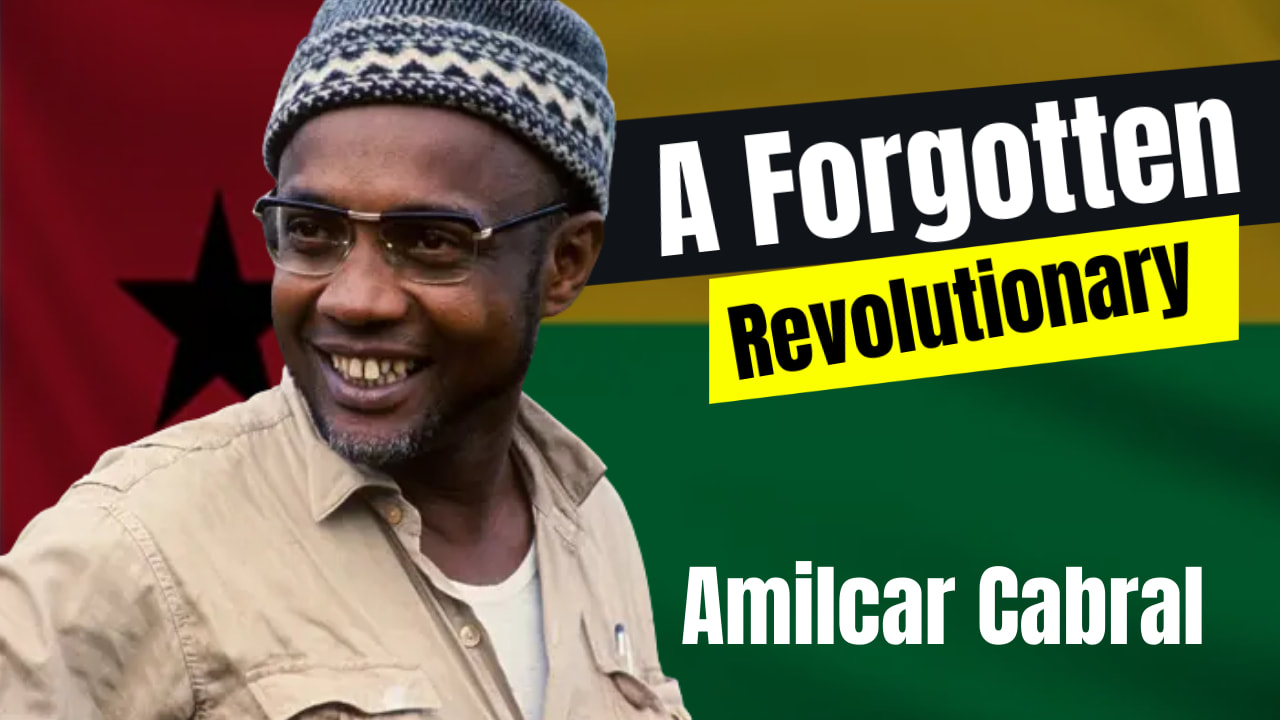|
Amilcar Cabral, a monumental figure in the struggle against colonialism and imperialism, left an everlasting mark on the world as an anti-colonial leader, philosopher, and visionary. His unwavering commitment to the liberation of Guinea-Bissau and Cape Verde, along with his profound insights into the dynamics of colonial oppression, made him a beacon of hope for oppressed peoples around the world. Amilcar Lopes Cabral was born on September 12, 1924, in Bafatá, a small town in Portuguese Guinea (now Guinea-Bissau). His parents were Juvenal António Lopes da Costa Cabral and Iva Pinhel Évora. Both of his parents were Cape Verdean, his father was the heir to a wealthy land-owning family, and his mother was a shop owner and worked at a hotel. Even though Amilcar’s father was the heir to wealthy landowners, his family lived a humble life. Cabral received his early education at Liceu Secondary School, where a deep love for learning was instilled within him. He eventually left his homeland to study agronomy and agricultural economics in Portugal. Cabral's time in Portugal exposed him to the stark realities of colonialism and racism, fueling his passion for liberation. In 1956, he co-founded the African Party for the Independence of Guinea and Cape Verde (PAIGC) with his brother, Luis Cabral, and several other dedicated activists. PAIGC aimed to unite the people of Guinea-Bissau and Cape Verde to fight for their independence from Portuguese colonial rule. Amilcar Cabral's strategic brilliance and dedication to the cause quickly made him the leader of the PAIGC. He believed that armed struggle, coupled with a deep understanding of the people's needs, was the path to liberation. Cabral's approach included mobilizing the peasantry, educating them, and building a resilient guerrilla force. He also emphasized the importance of culture in the liberation struggle, famously stating, "Culture is simultaneously the fruit of a people's history and a determinant of history." In 1963, Cabral declared the formation of the "liberated zones" in Guinea-Bissau, areas controlled by PAIGC guerrillas. This move marked a turning point in the struggle for independence, as it challenged the Portuguese presence and gained international attention, due to a pivotal victory for Cabral and his troops against the Portuguese in the 1973 War of Independence. Amilcar Cabral was not only a military strategist but also an intellectual powerhouse. He wrote extensively on the theory of liberation, emphasizing the importance of political education and cultural identity in the fight against colonialism. Cabral wrote over 14 books, including "The Struggle Against Guinea" and "Return To The Source," which remain influential texts in anti-colonial and revolutionary studies. Tragically, Amilcar Cabral's life was cut short on January 20, 1973, when he was assassinated by members of his own party. Despite his untimely death, Cabral's vision and leadership continued to guide the PAIGC toward victory. On September 24, 1973, just months after Cabral's assassination, Guinea-Bissau unilaterally declared its independence, and Cape Verde followed suit in 1975.
0 Comments
Leave a Reply. |
Details
Categories
All
Click Here to join our mailing list
|
Contact Us: |
Connect With Us |
Site powered by PIT Web Design


 RSS Feed
RSS Feed



